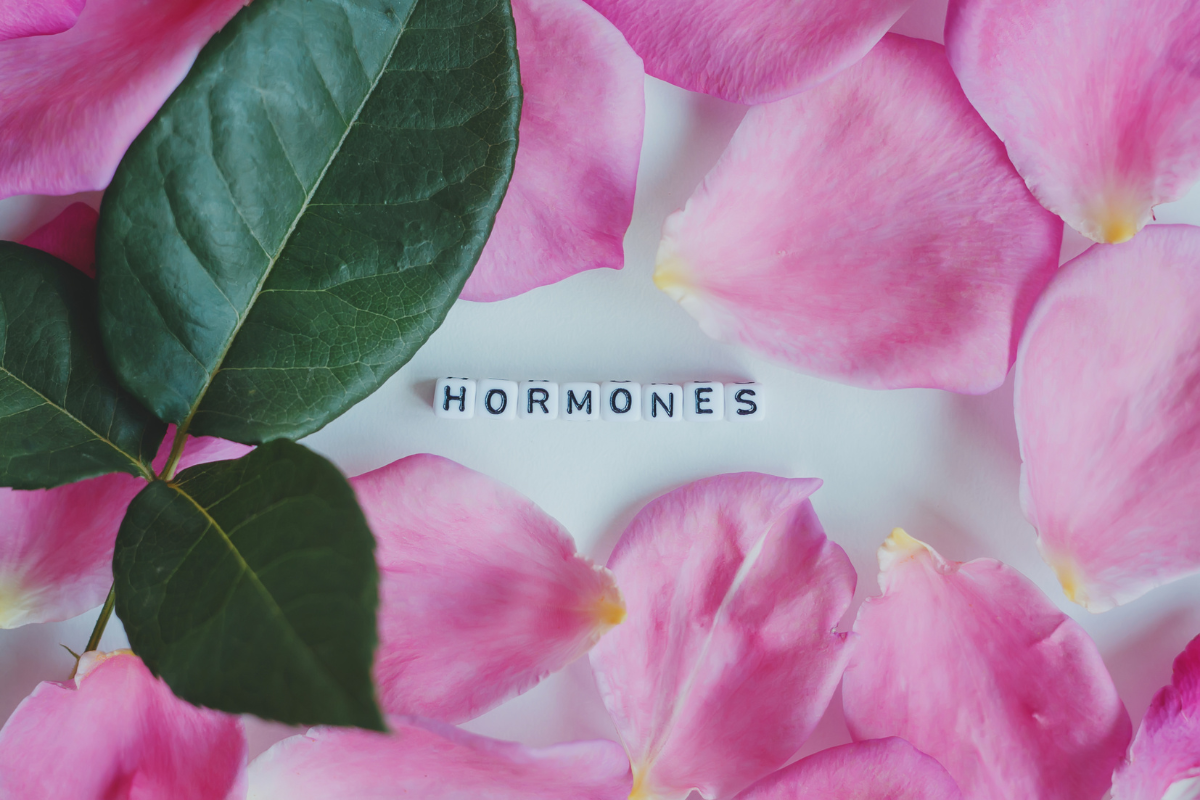
The Link Between Hormones and Sleep
When was the last time you felt revitalized, alert, well-rested, and prepared to face the day? If those days are a thing of the past, then you can suffer from insomnia.
A decent night’s sleep is essential to our health and well-being throughout our lives. According to studies conducted by the Sleep Foundation, women are 40 percent more likely than men to suffer from insomnia. They have also concluded that hormones play a significant role in explaining why women require more sleep than males. This article will answer all your questions about how hormones affect our sleep and the necessary measures to restore it.
Why is slumber important?
Sleep is crucial because it protects our mental and physical health, quality of life, and safety.
How you feel when you are conscious depends in part on what occurs while you are asleep. During sleep, your body works to support and maintain optimal brain function and physical health.
Therefore, fragmented, or insufficient sleep could have a significant impact on this process.
What are hormones and their functions?
Hormones are chemical mediators that regulate the numerous processes, systems, and functions of the body.
The body requires a variety of hormones to function correctly. The endocrine system, a network of organs and glands, is responsible for their secretion.
Numerous bodily functions are regulated by hormones, including:
- Increasing metabolism and appetite
- Body temperature sexual function and fertility
- Cardiac output blood pressure
- Sleep-wake cycles
Numerous hormone production and function are influenced by other bodily processes, such as sleep.
During our menstrual cycle, during and after pregnancy, and particularly during menopause, hormone levels fluctuate, making women more susceptible to sleep problems.
Sleep and hormones are interconnected
Different hormone functions and their secretion are influenced by sleep or circadian rhythm, and vice versa.
Enough sleep is necessary for the regulation of a number of hormones, including:
- Cortisol estrogen and progesterone appetite hormones, such as insulin, leptin, ghrelin melatonin thyroid hormones growth hormones
- For instance, melatonin regulates sleep patterns and instructs the body when to fall asleep. The release of human growth hormone during deep slumber is essential for cell growth and repair.
- The release of other hormones, such as cortisol, is dependent on the timing, duration, and quality of sleep.
- According to Sara Gottfried, MD, a clinical assistant professor in the Department of integrative medicine and nutritional sciences at Thomas Jefferson University, quality sleep is essential for good health.
- Almost all hormones are secreted in response to your circadian rhythm, also known as your sleep-wake cycle.
- “If left unchecked, poor sleep will cause you to tumble down a hormonal staircase,” says Gottfried. This is true whether you are 30, 50, or 70 years old.
- Many hormones are dependent on the sleep-wake cycle, so sleep is essential for their proper functioning. When we persistently disrupt the quantity and quality of sleep, we upset this equilibrium and open the door to medical issues.
The Healers Clinic takes a comprehensive approach to addressing hormonal imbalances, recognizing that sleep plays a vital role in hormonal health. Insomnia treatment in Dubai focuses on improving sleep quality and addressing underlying factors contributing to sleep disturbances. By optimizing sleep, this therapy can positively impact hormonal balance.
By considering The Healers’ Clinic in Dubai for hormonal imbalances through our insomnia treatment service, you can benefit from our comprehensive approach, experienced practitioners, focus on hormonal regulation, non-pharmacological methods, individualized treatment, and professional environment. Incorporating insomnia treatment into your holistic approach can contribute to improved sleep quality, hormonal balance, and overall wellness.






